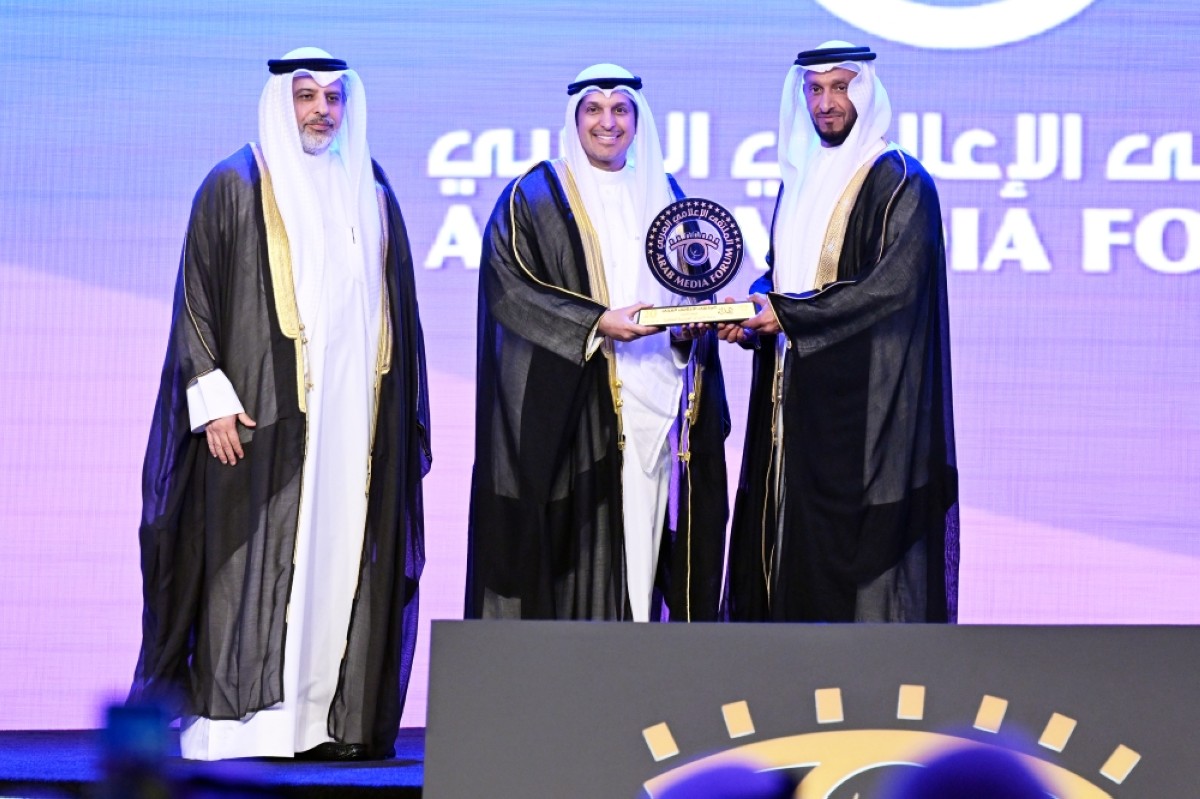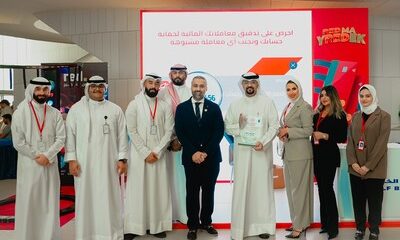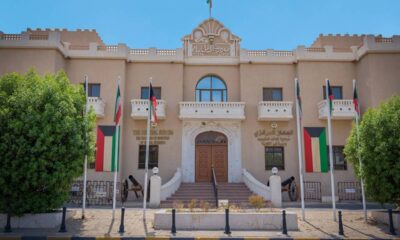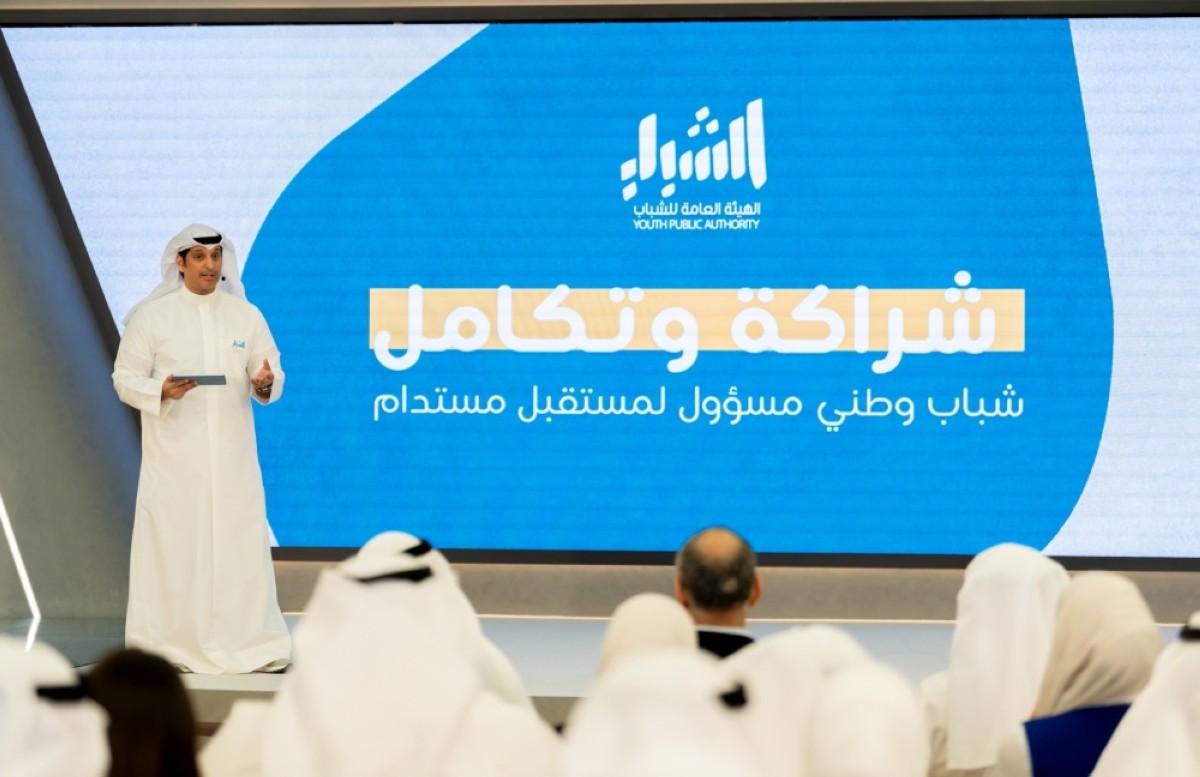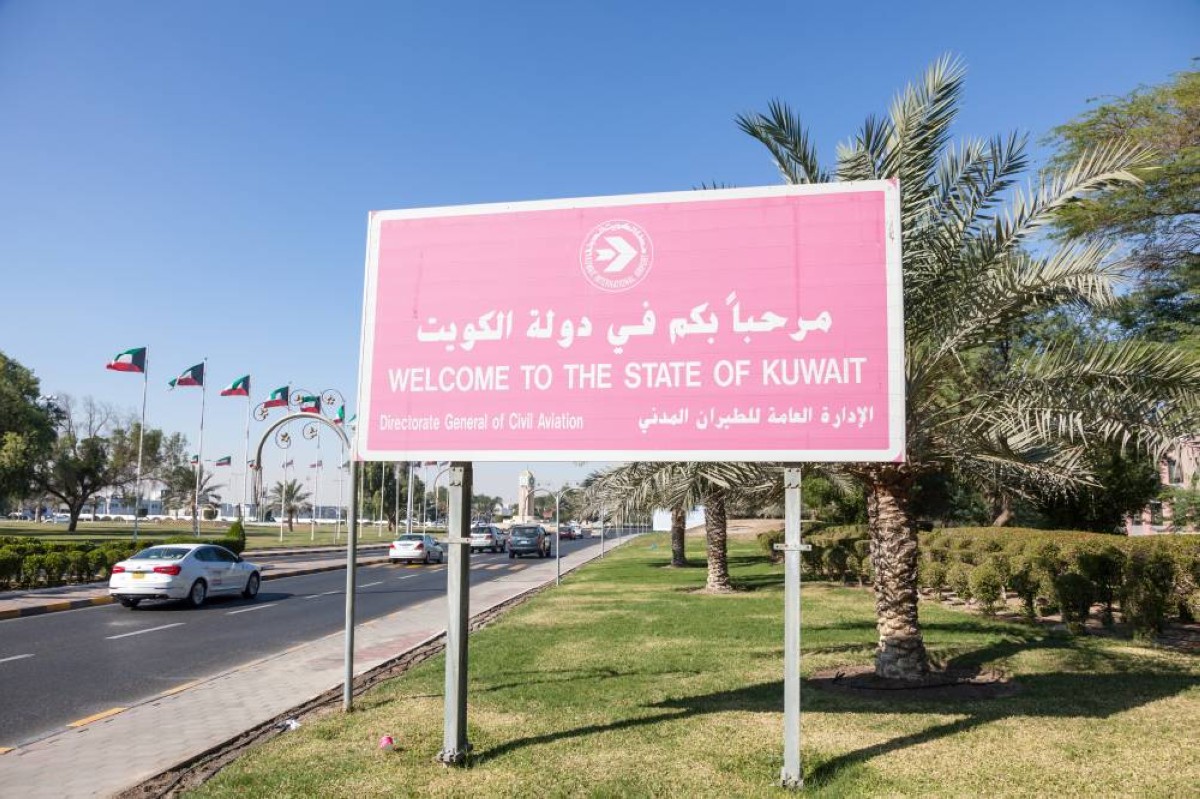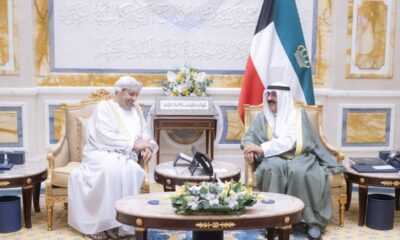KUWAIT: Minister of Information, Culture, and Minister of State for Youth Affairs Abdulrahman Al-Mutairi praised Kuwait’s selection as the Capital of Arab Culture and Media for 2025, which represents a well-deserved recognition of its pioneering role in supporting Arab media, strengthening cultural identity, and reinforcing professional values. Speaking at the opening of the 20th Arab Media Forum that was held on Saturday under the theme ‘Media Challenges in the Era of Technological Advancement and Digital Transformation’, the minister noted that this designation coincides with the current forum session, giving it special momentum to continue delivering the media message with advanced vision and collective responsibility.
He emphasized that digital media has become the main driver of societal trends, an effective tool in shaping public opinion, building awareness, and enhancing interaction between individuals and institutions, stressing the importance of adapting to rapid technological transformations with professional competence and strategic foresight for a more advanced media future. He highlighted Kuwait’s continued leadership, crediting the support of His Highness the Amir Sheikh Meshal Al-Ahmad Al-Jaber Al-Sabah, HH the Crown Prince Sheikh Sabah Al-Khaled Al-Hamad Al-Sabah and HH the Prime Minister Sheikh Ahmad Al-Abdullah Al-Ahmad Al-Sabah for consolidating Kuwait’s media position through strengthened infrastructure and strategic initiatives.
Among the most notable of these initiatives, he said, was the launch of a virtual reality documentation platform that archives Kuwait’s cultural and media heritage for future generations, blending authenticity with modernity. The Minister expressed pride in the United Arab Emirates being chosen as the guest of honor, calling it a “Well-deserved choice for a country that has made a clear mark in supporting Arab media, embracing the latest technologies, and producing content that reflects its regional and global leadership.”
He added that the Arab Media Forum has become a dynamic platform for addressing media issues and sharing expertise, stating “This year’s edition will explore the challenges posed by artificial intelligence and digital platforms. And there is a need to develop professional and legislative frameworks that align with these changes.”
Minister of Information,Abdulrahman Al-Mutairi speaks at the event. Photos by Yasser Al-Zayyat.
Abdulla bin Mohammed bin Butti Al-Hamed, Chairman of the National Media Office and Chairman of the UAE Media Council
Secretary-General of the Arab Media Forum Madi and the Minister of Information honor Zain Kuwait’s Chief Corporate Affairs and Relations Officer Waleed Al Khashti.
For his part, Abdulla bin Mohammed bin Butti Al-Hamed, Chairman of the National Media Office and Chairman of the UAE Media Council, called for the adoption of a joint Arab media legislative framework to curb the negative use of digital platforms, emphasizing the need to promote social responsibility and protect freedom of expression from abuse and misinformation. He expressed the UAE’s pride in being named the guest of honor and extended his appreciation to the leadership of Kuwait, especially His Highness the Amir, the Crown Prince and the Prime Minister, for this generous gesture.
Al-Hamed emphasized that the UAE’s media strategy is rooted in a firm belief that the media is a key development partner, reflecting current achievements and envisioning future possibilities, noting that the UAE is working to develop a modern media system that aligns with global progress and expresses Islamic, Arab and human values. Despite the opportunities presented by social media, he warned of the dangers of misuse, particularly in spreading rumors, inciting division, and threatening societal stability, stressing the need for Arab cooperation to confront such challenges.
He concluded by stating that the media is a civilizational weapon and an effective tool for enlightenment and influence, urging it to be used as a bridge for communication between nations and a foundation for building a bright future for the region. In his remarks, Secretary-General of the Arab Media Forum Madi Abdullah Al Khamis praised its leadership in Arab media and its vital role in advancing the industry. He reaffirmed that the forum has always worked to build an independent Arab media framework capable of meeting challenges and driving development.
Al Khamis pointed out that Arab media today faces unprecedented challenges, especially digital transformation, the rise of numerous platforms, and the blurring of truth and fiction, explaining that these developments require a complete reassessment of the media ecosystem, with a focus on responsibility in communication, maintaining professionalism, and updating media tools. He stated “The real challenge lies not only in adapting to change, but in leading it with wisdom, vision, and innovation,” concluding by celebrating Kuwait’s selection as Capital of Arab Culture and Media, describing it as “authentic Arab recognition of Kuwait’s deep-rooted role in supporting free thought and media leadership.”




